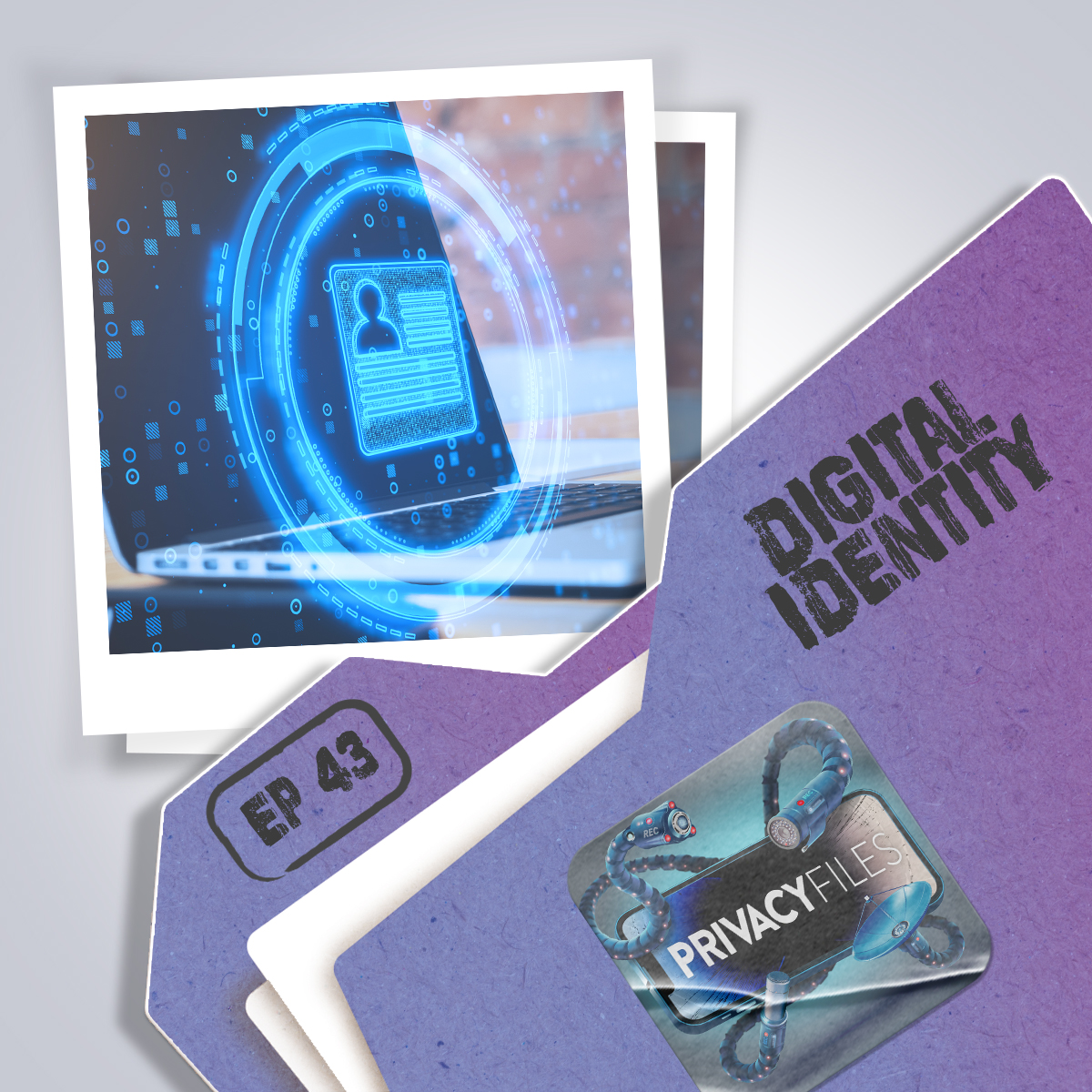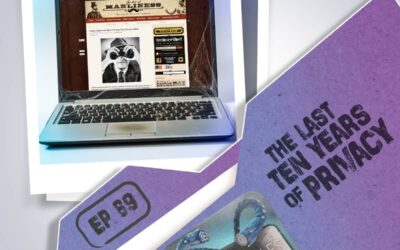To learn more about this episode’s guest Phil Windley:
https://www.linkedin.com/in/windley/
https://internetidentityworkshop.com/
https://www.oreilly.com/library/view/learning-digital-identity/9781098117689/
In this episode…
Data breaches are a common occurrence in the digital age. Most of us feel pretty helpless when it comes to protecting our personal information.
But what if there were a way to empower the individual to manage their own personally identifiable information (PII)? What if companies no longer needed to store PII, thus reducing exposure to hacks?
Phil Windley is one of the key players in the emerging field of digital identity. He is spearheading a paradigm shift in the way personal data is handled.
Imagine a future where you need to prove to a rental car company that you are 25 or older in order to rent a car. The reservations agent sends a request to a virtual wallet on your smartphone. You grant permission for a simple communication to be sent to the rental car company that “Yes” you are 25 or older. No actual birth date is transmitted because your date of birth was already verified. All the reservations agent sees is a “Yes.”
In other words, no PII was ever exchanged. And you are now in full control of your sensitive personal data.
In this episode, Phil talks about how he got started on the road to digital identity and how the concept of self-sovereign identity will transform how the digital space operates. Phil is the author of the book Learning Digital Identity, a practical guide for companies to design, deploy and manage identity architectures.
Phil is also the founder of the Internet Identity Workshop, a semi-annual event that unites some of the most innovative minds working to working to design and build identity systems that empower individuals. As an Open Space unConference, there is no preset agenda. Dozens of sessions are called and convened by participants in real time.
Overall, Phil provides us with a solid overview of where digital identity is headed and gives all of us privacy-conscious people some hope that a credible solution for putting individuals in charge of their own personal data is just around the corner.






